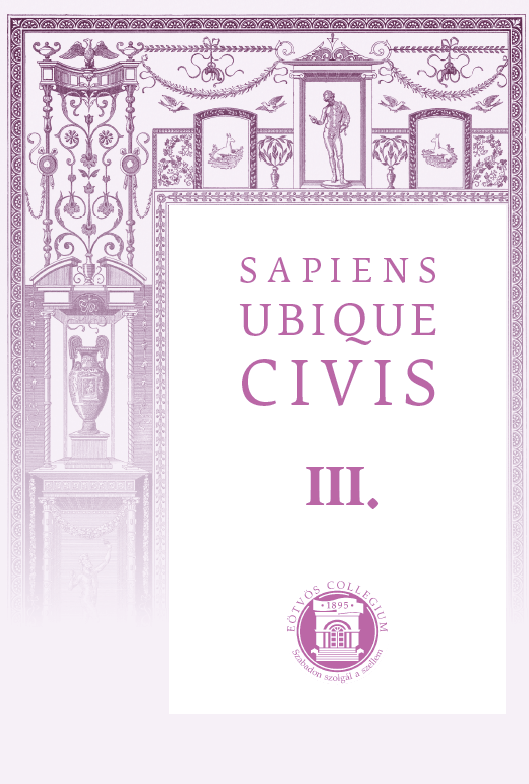‘Named After the Great Odysseus’: Putting the Odyssey in Assassin’s Creed Odyssey
Main Article Content
Abstract
The recent video game Assassin’s Creed Odyssey is one of the most elaborate popular re-interpretations of classical antiquity. Known for its lavishly detailed simulations of historical settings and events, the game is set during the first nine years of the Peloponnesian War (431–422 BC). But why is it called Odyssey? This paper aims to show the connections and similarities between the game and Homer’s Odyssey, by drawing attention to the game’s underlying story structure (which places the game within a large video game tradition of odyssey-like quest-adventures), its specific narrative and world design (which contains various references to the Homeric texts), and its main character (who may be considered as a reflection of Odysseus, due to their similar actions and shared characteristics).

